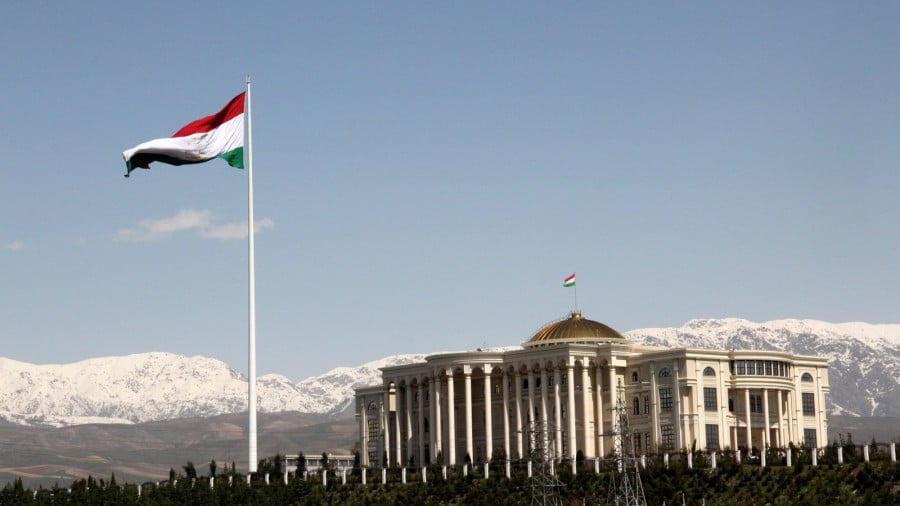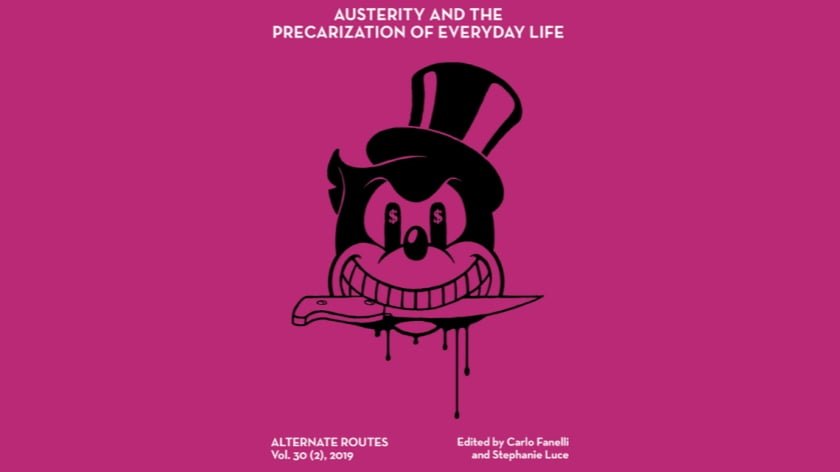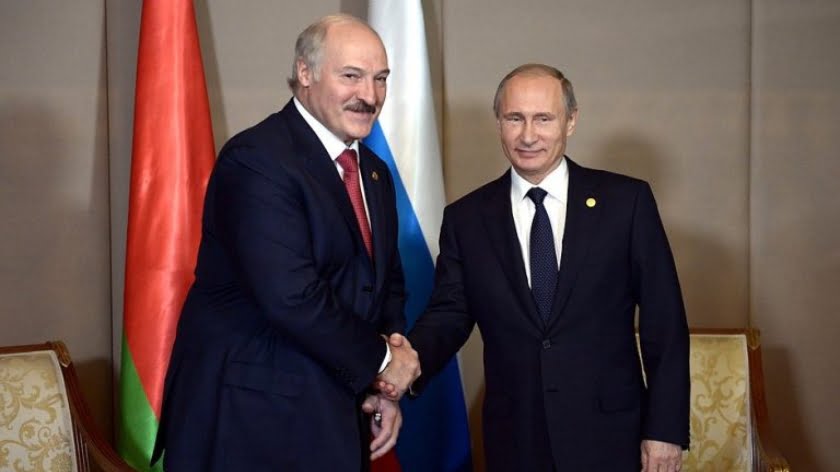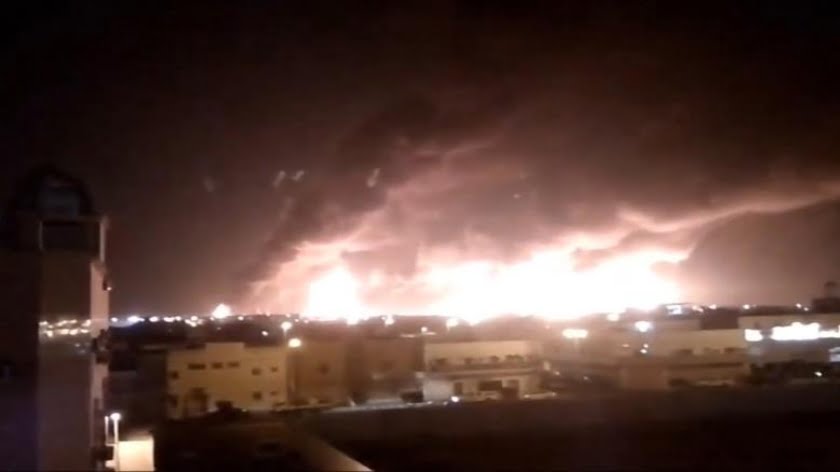Did Iran Sponsor a Terrorist Attack in Tajikistan?
Probably not, but it apparently had some prior relationship to the ringleader who carried it out, and this could be exploited by Saudi Arabia to drive an even deeper wedge between Russia and Iran.
The Tajik authorities arrested the ringleader behind the recent car-ramming terrorist attack against four foreign cyclists in the landlocked Central Asian nation, with the reputable Russian information agency TASS reporting that the Interior Ministry claims that that the man admitted to “undergoing ideological and military training in Iran” from 2014-2015. He also supposedly joined the now-banned “Islamic Renaissance Party” (IRP) that was at once the country’s largest opposition party but was made illegal a few years ago after being connected to a failed coup attempt that soon thereafter devolved into a spree of terrorist attacks against the state.
Iran’s support of the ideologically aligned IRP is the main reason for tensions between the Islamic Republic and its civilizationally similar Tajik cousins, which has since been taken advantage of by Tehran’s Saudi rivals to establish a foothold in Central Asia and keep their enemy out of the SCO. The author analyzed this largely unacknowledged New Cold War fault line in a June 2017 piece for The Duran titled “Tajikistan: The Next Front In The Iranian-Saudi Proxy War?”, and it’s recommended that the reader refer to it for further insight into the two Muslim Great Powers’ competition over this seemingly insignificant state.
The reality that’s revealed is that Tajikistan has a two-fold importance that belies its tiny size, with this former Soviet Republic being both Saudi Arabia’s means to prevent Iran’s consensually agreed-upon membership into the SCO and also to draw Russia’s attention to Tehran’s IRP-linked activities via the CSTO mutual security treaty that Moscow is party to with Dushanbe. It’s this latter element that’s poised to be exploited if Saudi Arabia and its Tajik partners over-emphasize the prior links that Iran had to the recently apprehended terrorist. Before moving along, it’s important to clarify a few points at this juncture.
The first is that the level of tangible support that Iran provides to the IRP is unclear and that Tajikistan’s recent assertiveness in accusing the Islamic Republic of historically interfering in its domestic political affairs might be influenced by its new Saudi partner. Secondly, even if the terrorist did travel to Iran, it can’t be proven at this time that he really did receive ideological and military training there, or exactly what this even entails in real terms. He might just have admitted to that under duress and Dushanbe is planning to use his “confession” as part of a renewed and intensified infowar against Iran at the behest of Riyadh.
Having said that, it also can’t be discounted that the ringleader is telling the truth, but it needs to be noted that nothing in TASS’ report suggests that Iran ordered the latest terrorist attack in Tajikistan. Even so, the adage that “you can lose ownership but you don’t lose responsibility” is especially apt here because the optics will be framed in such a way as to forever hint at some level of secret Iranian complicity in what happened, the same as has been used against the US, Saudi Arabia, and others after they created Daesh and supposedly “lost control” of it afterwards.
Apart from the effect that this could have on contributing to the further deterioration of Iranian-Tajik ties, this entire incident only really matters in a larger sense if Russia responds to the indirect suggestions that Iran may have had something to do with a terrorist attack inside of its CSTO mutual defense ally. As of now, there hasn’t been any official Russian reaction to what happened, but the “perception managers” invested in linking this with Iran would hope that it responds very negatively to what’s already being implied and that this drives a deeper wedge between the two nominal “allies” in Syria.
The author last wrote about the developing rift between Russia and Iran in the Arab Republic in his piece two weeks ago about how “It’s Official, ‘Israel’ Is Now A Joint Russian-American Protectorate”. One of the main messages in that work is that Russia is continuing to pressure Iran to enter into a dignified “phased withdrawal” from Syria as part of President Putin’s unofficial peace plan there, albeit thus far to little avail and hence the need for Moscow to work together with Washington in making “Israel” their joint protectorate. Russia’s “balancing” strategy against Iran might therefore be accelerated if Moscow fears that Tehran is endangering its security interests in Central Asia.
It’s unlikely, however, that Russia would come to such a determination because it’s probably well aware of the Saudi infowar game that’s being played here, even if Iran really did have previous ties to the terrorist. The situation is just so sensitive between these two Great Powers right now, despite each of their official representatives’ statements to the contrary, that their very delicate anti-terrorist relationship in Syria could quickly fall apart if Russia were to publicly acknowledge an Iranian link to the Tajik terrorist attack, which is why it probably won’t do so.
The worst-case scenario could see Russia confronting Iran in private about this and demanding a transparent investigation into the true relationship between the Mideast country and this terrorist, but that might be bit too far-fetched and in the realm of Saudi political fantasy to ever happen. Nevertheless, what’s important for people to recognize is that an attempt is being made by Tajikistan to link Iran to a recent terrorist attack, and that Saudi Arabia will probably try to leverage its newfound strategic partnership with Russia to get it to reconsider its overall ties with Tehran in light of this incident.








4 Comments